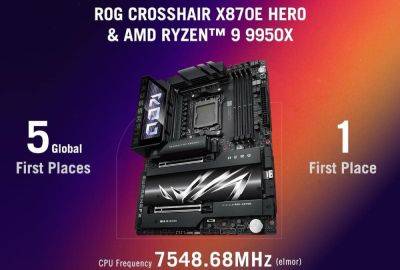Samsung’s New 3nm GAA Technology Has Failed To Attract New Customers Because Of Unstable Yields, With Industry Watchers Forecasting A $385 Million Loss
In the month of July, Samsung Securities, a subsidiary of the Korean giant, published a report titled ‘Geopolitical Paradigm Shift and Industry,’ which mentioned spinning off the foundry business due to the myriad of setbacks faced by the company, particularly its 3nm GAA process. It appears that Samsung cannot catch a break, nor has it been able to catch up to TSMC in the foundry market share, and due to the unstable yields of its cutting-edge node, customers have been forced to seek better opportunities.
Failing to make a mark in the foundry business means that Samsung has garnered a measly 11.5 percent market share compared to TSMC, which dominates the sector
An early estimation revealed that Samsung’s yield for its 3nm GAA process was around 20 percent, making it three times less than the recommended figure that would make mass production viable. Unable to scale this obstacle, the foundry lost out on Snapdragon 8 Gen 3 orders, with Qualcomm giving exclusivity to TSMC. From the looks of it, history will repeat itself with the imminent launch of the Snapdragon 8 Gen 4.
Business Korea reports that failing to deliver on its 3nm GAA technology has forced customers to avoid securing potential deals. The securities industry predicts that the non-memory business, which comprises of the foundry and LSI sector, will continue to struggle, with losses estimated to mount to 500 billion won, or $385 million. These successive setbacks mean that Samsung’s market share in the foundry category is only 11.5 percent, with TSMC leading by an unrivaled 62.3 percent lead.
Samsung Electronics will reportedly hold its Foundry Forum online on October 24, which comes as a major surprise, but it could be possible due to the company’s endless struggles. Also, it is not like companies have a joint vendetta against the Korean behemoth, as they would want nothing more than to diversify their semiconductor supply chain and reduce their chip expenditure.
Qualcomm has recently been reportedly







